An interview with Cardinal André Vingt-Trois, Archbishop of Paris, on Prime Minister Hollande’s reform legalizing gay marriage and adoption for same-sex couples.
Something extraordinary is happening in France. Against all expectations in this very secularized society, a strong movement has emerged in opposition to homosexual marriage and the adoption of children by same-sex couples (meaning the children would not have a father and a mother, but a father and a father, or a mother and a mother) has emerged. This movement, which is gathering support from across the political spectrum, is being led by the Cardinal Archbishop of Paris, Cardinal André Vingt-Trois, 70, since 2007 president of the French bishops’ conference.
Vingt-Trois, a courageous, learned and eloquent man, has been attacked by the supporters of the new laws because he has urged Christians to actively oppose the laws.
The new French government of Francois Hollande, leader of the Socialist Party, elected on May 6, has promised to push forward a bill revolutionizing traditional family law, including the right for homosexual couples to adopt children. The bill was sent to the National Assembly, and debate is due to start on January 29.
On December 6, an interesting interview with Cardinal Vingt-Trois was published in the Corriere del Ticino, a regional newspaper in southern Switzerland where Italian is spoken. The interviewer, Giuseppe Rusconi, spoke with Vingt-Trois at a conference on homosexual marriage held at the Saint Louis de France Centre in Rome. Here are excerpts from this important interview, originally published in Italian. —The Editor

Cardinal André Vingt-Trois of Paris carries a cross in the gardens of the Sacre Coeur Basilica during a Good Friday Stations of the Cross service in Paris April 10. Several thousand people participated in the uphill procession remembering the crucifixion of Jesus (CNS photo)
Your Eminence, some in France are accusing the Church of wrongly trying to impose religious views in a pluralistic secular society…
Cardinal Vingt-Trois: It is a constant charge, originating from a conception of pluralistic secular society as one which recognizes freedom of speech only for non-believers. But a truly democratic pluralistic secular society is one which organizes public life so that all opinions and religious beliefs are granted equal freedom of speech.
Some say that the Church’s insistence on this issue confirms its backwardness. Others say the Church is obsessed with sexual issues…
Vingt-Trois: The Church is not “backward” when it demands, for instance, that children should have the right to be informed about their origin. This is also stated by the UN Convention on the Rights of the Child. And we are not “obsessed” with gay marriage… It is not the Church that has put this question on the political agenda. It is those who have imposed this issue who are obsessed.
As president of the French bishops, you have met top representatives of the French government. Why does the government persist in regarding this issue as a political priority, without even considering a national debate?
Vingt-Trois: I think the government knows it cannot find a short-term solution to the economic crisis. So, how to make the new majority visible? Through reforms like the legalization of gay marriage… Also, I think that some groups of gay activists… are placing considerable pressure on the government…
People say that the reform under debate only makes minor changes in a few articles of the civil code…
Vingt-Trois: Let me quote the minister of justice: “This is a reform involving a new society and a new civilization. Don’t expect us to be content with small changes in the civil code. There is a radical change involved.”
Have you found unanimous agreement favoring the reform in your meetings with government representatives?
Vingt-Trois: Yes, in words, but there is not real consent. Some within the government are not convinced, but think that, given the premises, the reform must be passed.
The French Church has tried to make Christians aware of what is at stake. The first big demonstrations were held in 10 cities last weekend. There were 100,000 people in Paris and 25,000 in Lyons…
Vingt-Trois: There were many, many more than were expected. Part of the Catholic world had already realized that it was time to bear public witness. Not only Catholics, but also believers from other religions, as well as agnostics and people of every political orientation, have begun to raise substantial questions about the reform. Even the media, which until not long ago said that there was unanimous agreement about the reform except for Cardinal Vingt-Trois and a few other cranks, have come to realize this.

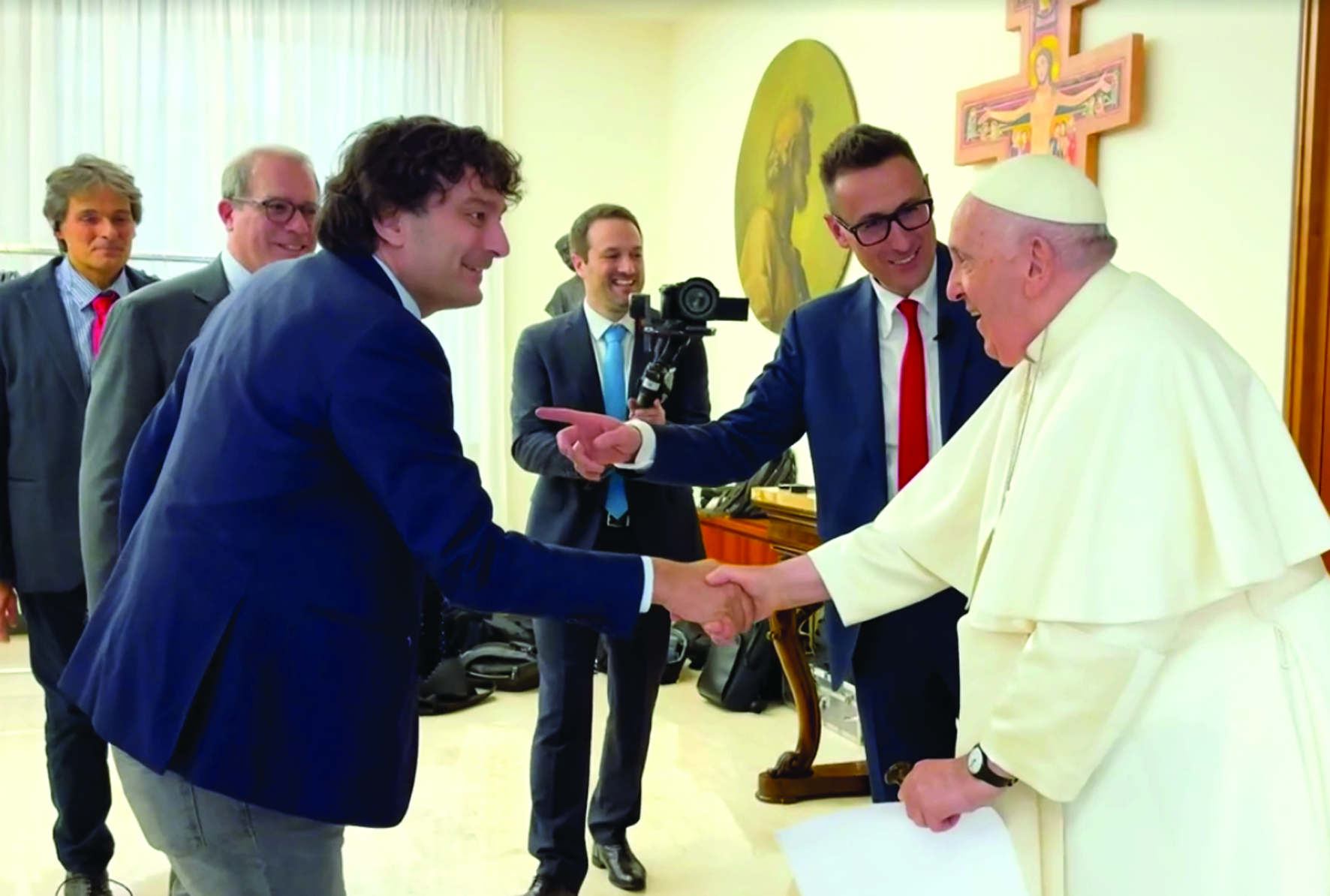
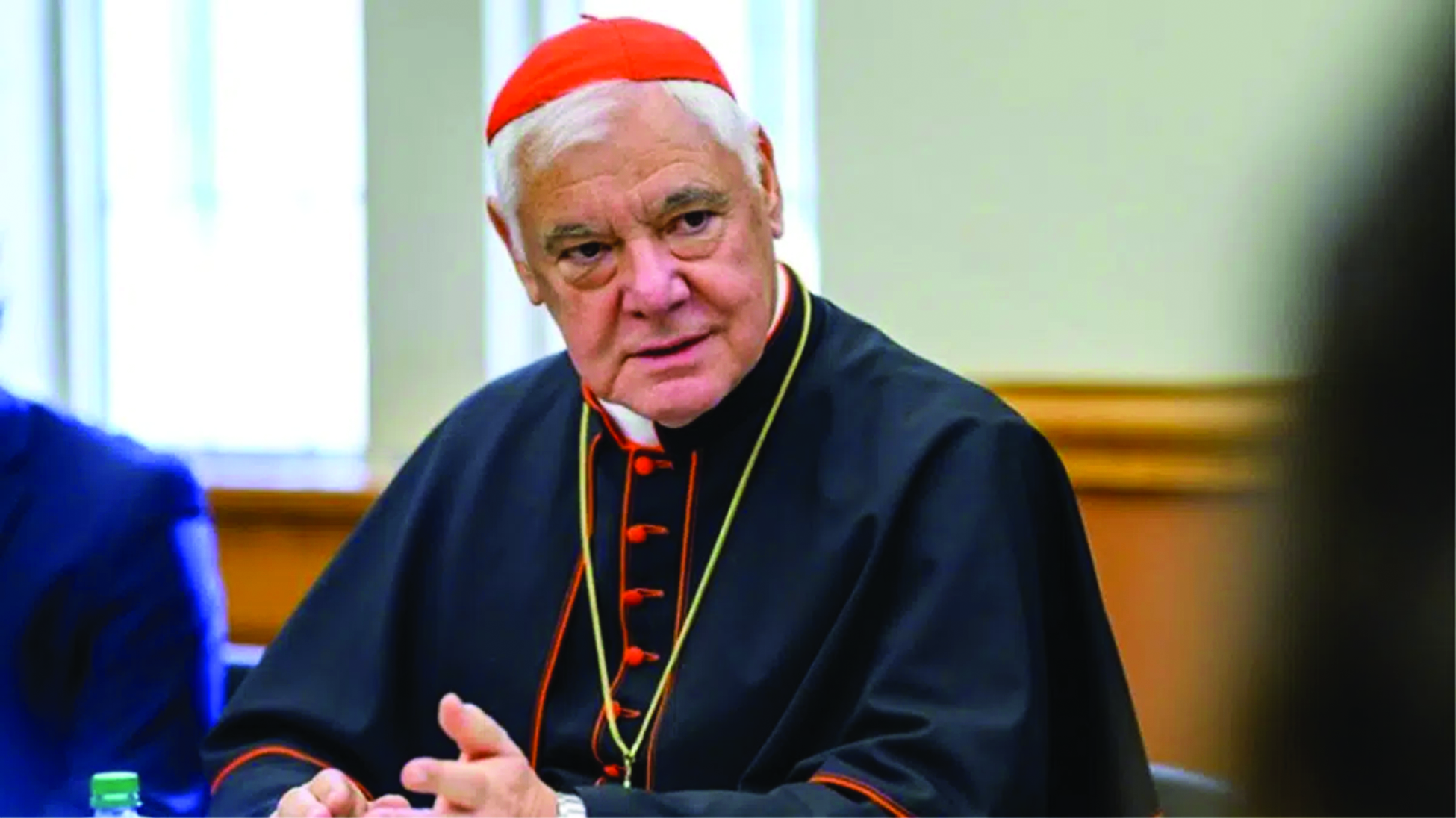
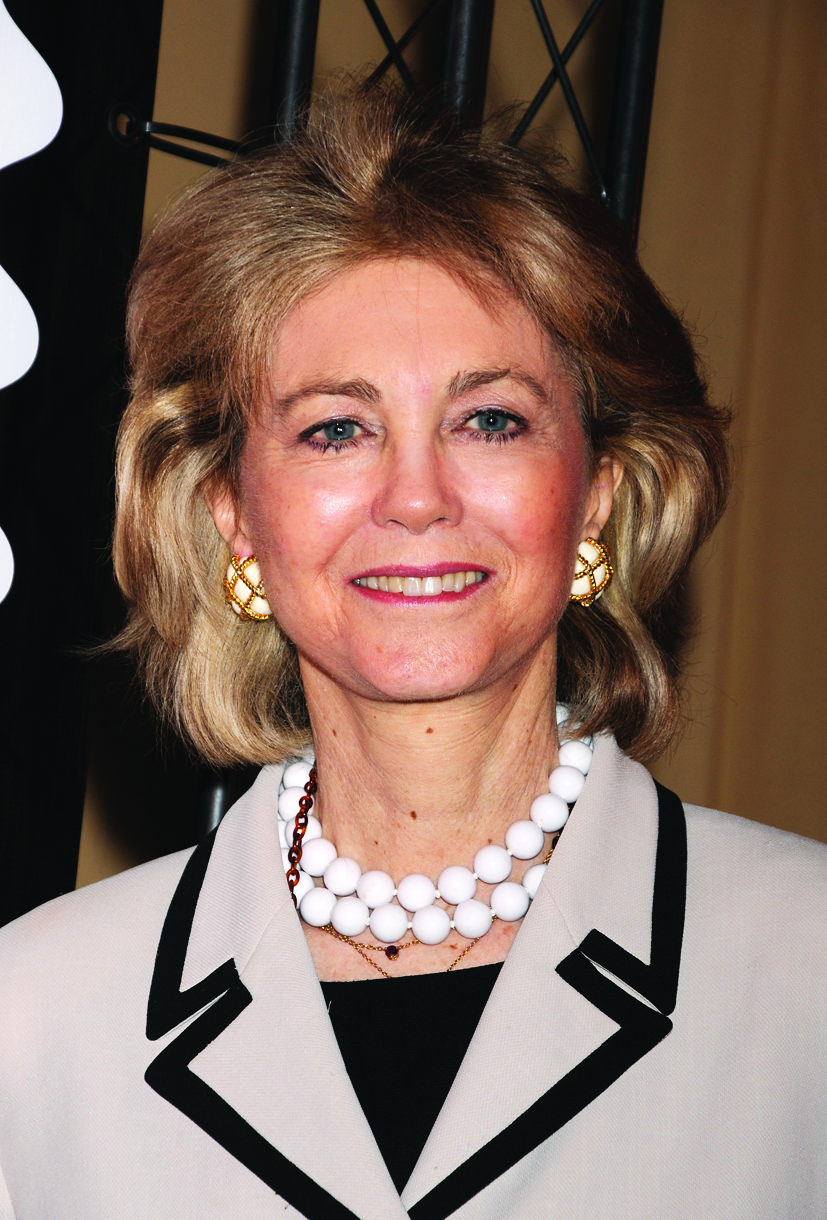
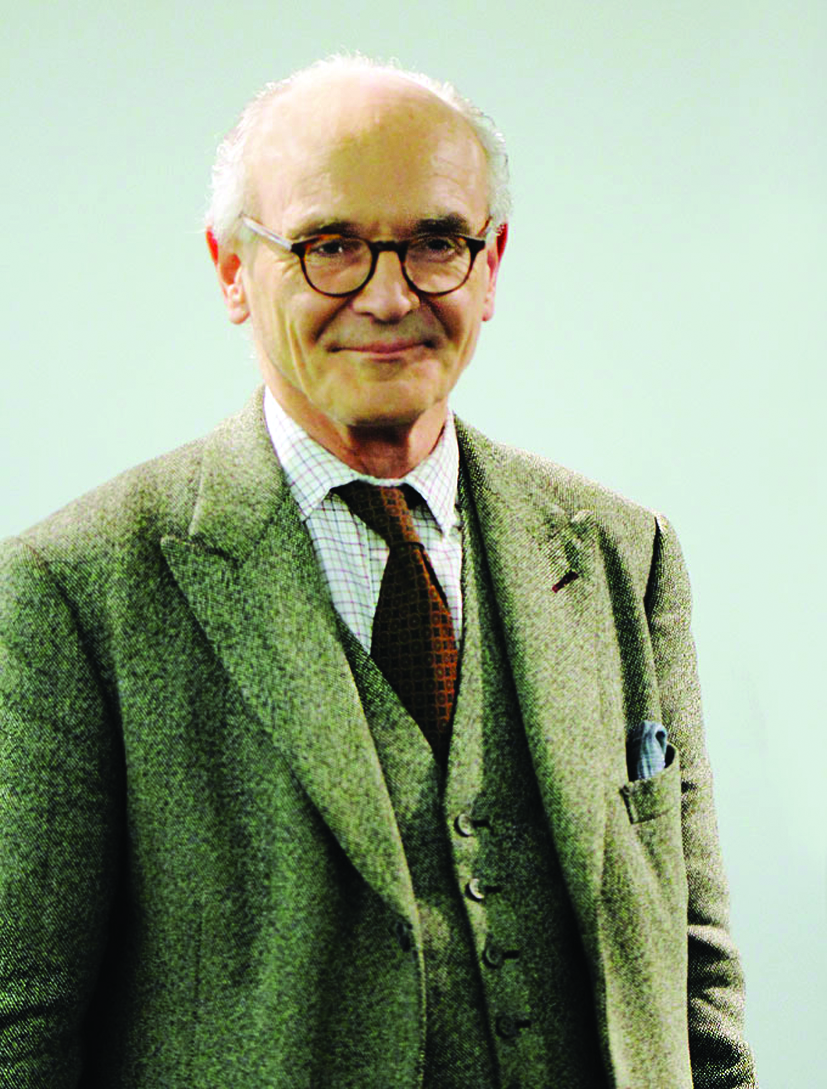
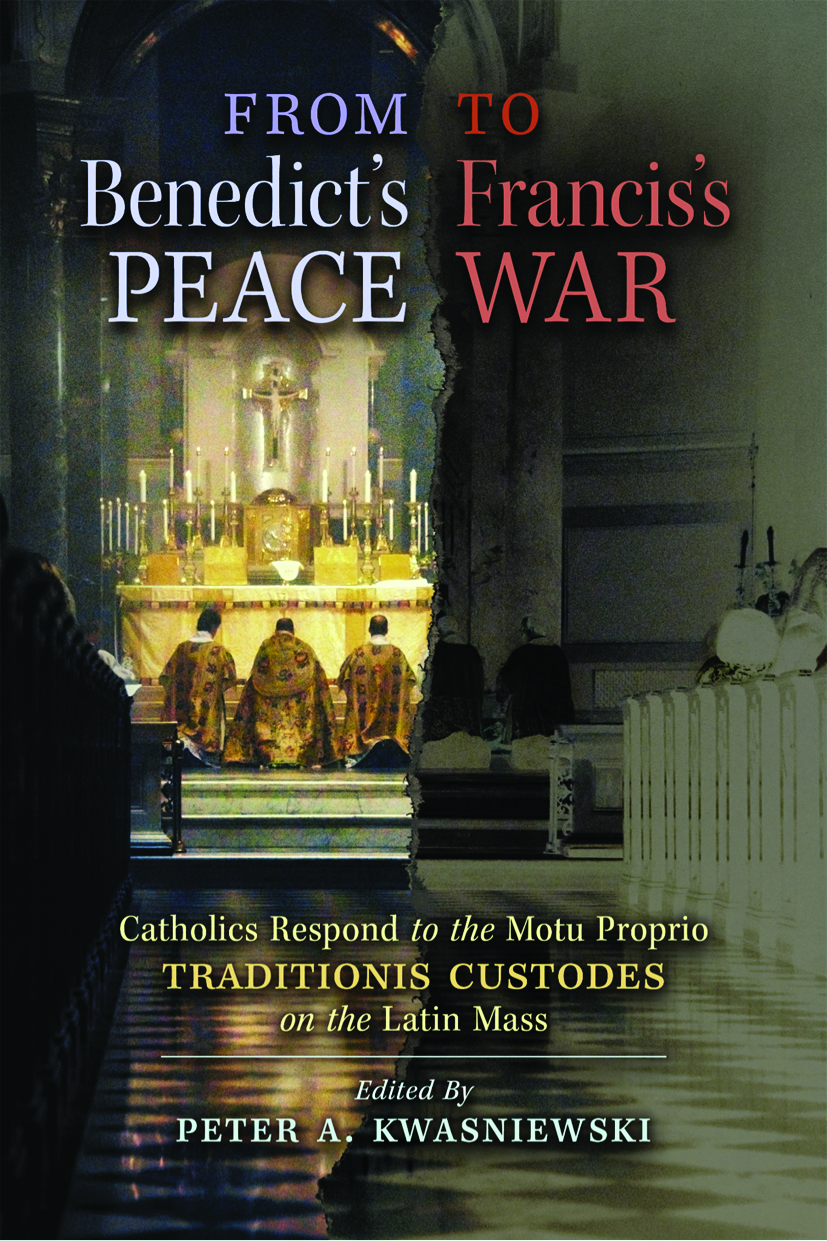
Facebook Comments